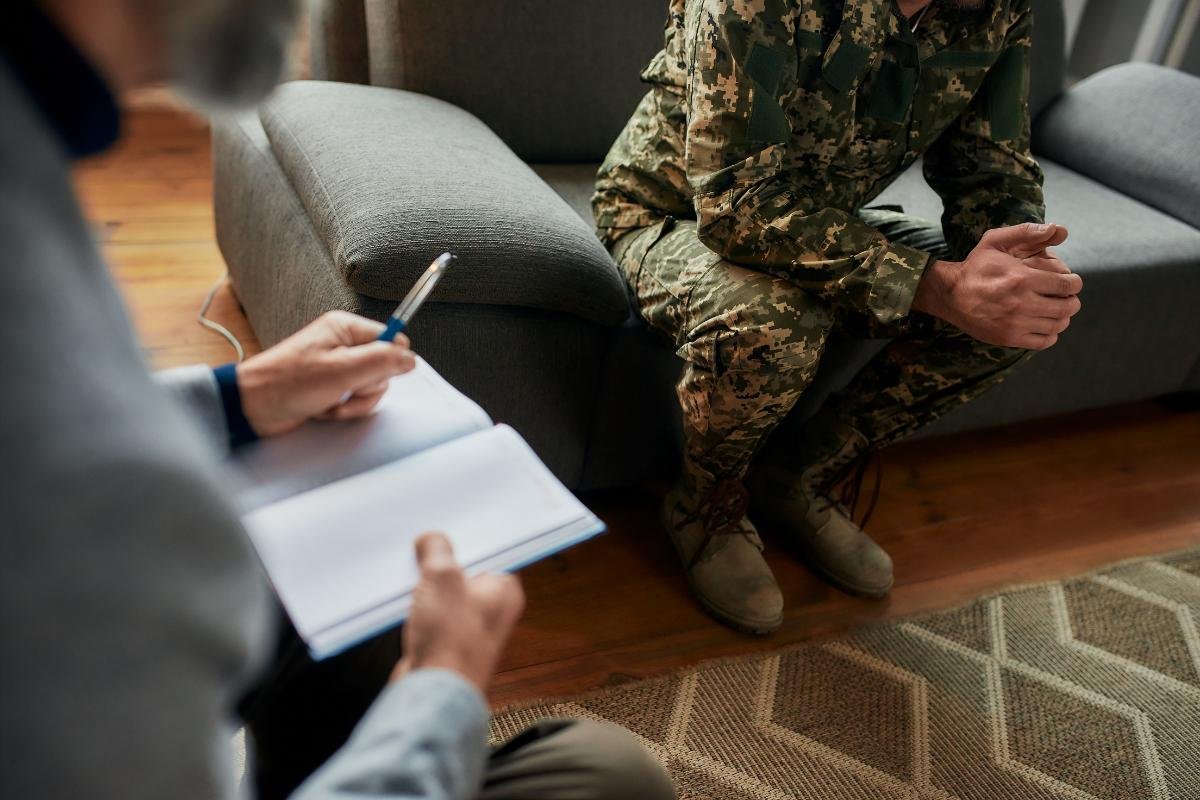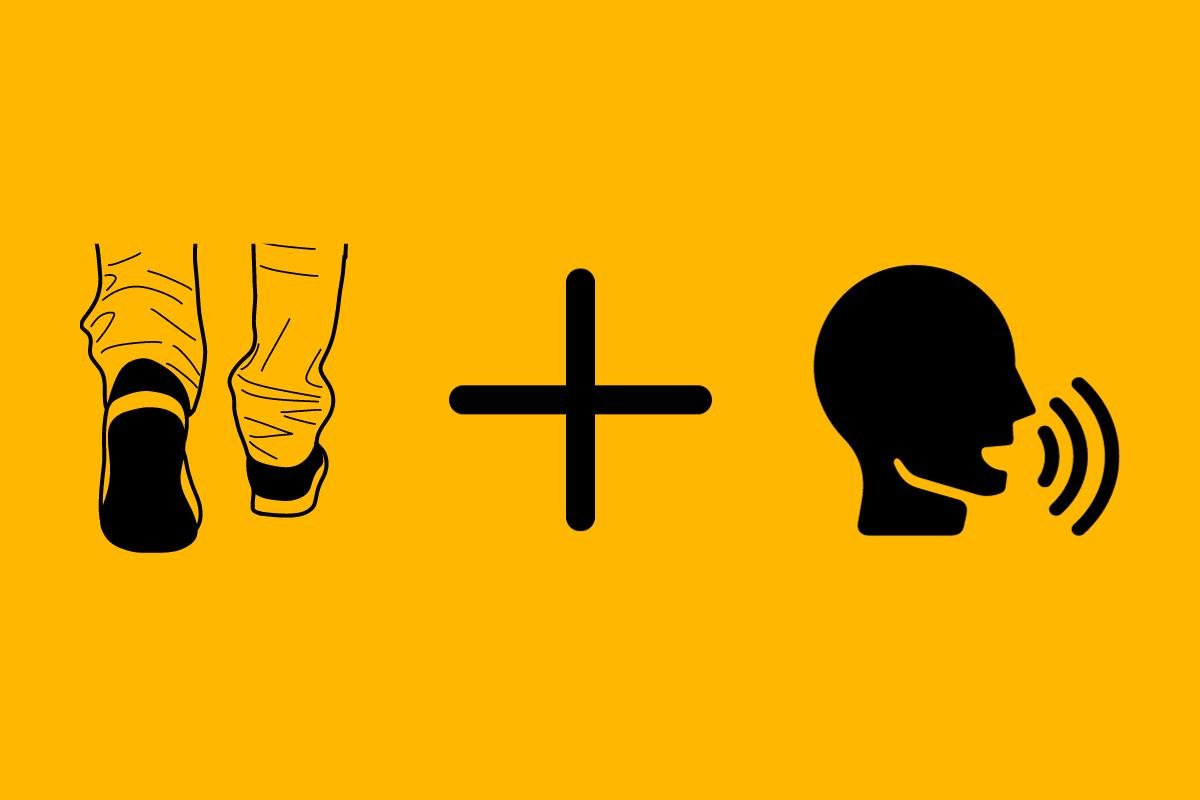Blog
Internship Alum Interviews: Caroline Saksena
Caroline Saksena, an internship alum, said, "I think what was really valuable for my internship experience was when they had guest speakers come in.” Her interview was one in a series about how Concussion Alliance impacted interns' lives going forward.
Internship Alum Interviews: Melissa Brown
Melissa Brown, an internship alum, said, " If people are trying to get into the internship, do the internship. That's my 2 cents." Her interview was one in a series about how Concussion Alliance impacted interns' lives going forward.
Internship Alum Interviews: Padmini Konidena
Padmini Konidena, an internship alum, said, "I think the mission of Concussion Alliance is really great, just spreading knowledge to people who may not know as much about concussion." Her interview was one in a series about how Concussion Alliance impacted interns' lives going forward.
Join concussion diagnosis and treatment studies–open to civilians and veterans!
We are super excited about this opportunity! When you register with the TROOPS referral program, you will be connected with multiple research teams, several of which are recruiting for studies of treatments for concussion (mTBI). Civilians are welcome to join, and there is no upper age limit.
Risk for stroke significantly elevated for veterans with all levels of TBI, including mild
A study published by Andrea Schneider et al. in the American Heart Association journal Stroke highlights how a prior history of traumatic brain injury is strongly associated with long-term stroke risk among US military veterans. Based on previous research, TBI is highly prevalent among military veterans. Those with prior TBI are at an increased long-term risk for stroke.
A small but significant association between a history of TBI and cognitive decline in a study of older veteran male twins
“Veterans who reported having at least one traumatic brain injury or TBI at any time in their life had lower cognitive scores in later life, compared to twin siblings who did not experience a TBI,” observed Dr. Chanti-Ketterl during a recent podcast about a twin study of WWII veterans (published in Neurology), of which she was the first author.
Blast exposure from firing heavy weapons potentially causing unrecognized brain injuries
Repeated blast exposure from firing heavy weaponry such as cannons, mortars, shoulder-fired rockets, and even large-caliber machine guns is causing long-term injury to the brains of our military service members. The New York Times reported on the military’s struggle to understand the life-changing mental and physical problems U.S. troops face as a result of blast exposure.
Newly developed therapy “CBT for headache” benefits veterans with post-traumatic headaches and PTSD
A study published in JAMA Neurology aimed to find out whether cognitive behavioral therapy (CBT) could be a viable option for veterans suffering from severe levels of both PTSD and PTH. The study found that a new therapy, CBT for headache, reduced how much these veterans were affected by headaches and PTSD when compared to the usual treatment and that the treatment effect lasted up to 6 months after the therapy.
Answering questions while walking: multi-domain assessment to clear athletes & cadets for return-to-play
A recent literature review conducted by Danielle DuPlessis et al. investigated the use of multi-domain assessments in tracking the recovery from concussion in both sports-related and military contexts. The study, published in Physical Therapy in Sport, found a strong preference for dual-task assessments, specifically, combinations of walking on a level surface while the participant answered questions.
The Standard Advice for Concussions is Wrong: Concussion Alliance quoted in The Atlantic
In June, Leadership Team Member Dr. Elizabeth Sandel and I had the opportunity to (separately) talk with Tove Danovich for The Atlantic article The Standard Advice for Concussions Is Wrong. Tove and I had an in-depth conversation, and the article was published in The Atlantic on October 6th; the article includes a quote from me and two quotes from Dr. Sandel, Board Chair for Concussion Alliance.
New website resource: Concussions and Individuals with Pre-Existing Disability
We are excited to announce the publication of a new resource on our website, addressing concussions in Individuals with a Pre-Existing Disability. To our knowledge, this is the only resource of its kind on the web; it includes up-to-date research on how pre-existing disabilities impact the diagnosis, treatment, and recovery from concussions.
Concussed adolescents are returning to driving sooner than might be safe
In a study presented at the American Neurological Association annual meeting, researcher Catherine M. McDonald, PhD, RN, FAAN, found that many adolescents with concussions return to driving sooner than might be safe. Robert Herpen, in an article for Helio, notes, “Those with concussion had more trouble with decision-making and reaction times than those without.”
Techniques to improve fatigue following a brain injury
Did you know that “87% of brain injury survivors feel that fatigue has a negative impact on their life”? This high percentage was a finding from a study about fatigue after TBI by the UK charity Headway. A web page from Headway’s informational website shares important recommendations regarding coping with fatigue following a brain injury. These helpful instructions come from Headway’s Managing fatigue after brain injury booklet.
Early speech-language pathology screening can aid in timely referral and treatment for memory, attention, organization problems post-concussion
Recent findings from a study published in American Journal of Physical Medicine and Rehabilitation revealed that using a speech-language pathology screening checklist may prove beneficial in predicting the need for a speech-language pathology referral for pediatric concussions.
PTSD: MDMA-assisted therapy is more effective for PTSD than therapy alone
Research published in Nature Medicine by Mitchell and colleagues found that MDMA-assisted manualized inner-directed therapy (MDMA-AT) is a more effective treatment than manualized inner-directed therapy alone for improving moderate to severe post-traumatic stress disorder (PTSD).
Sports-related concussions earlier in the season may have a quicker resolution of symptoms
A retrospective cohort study by Jacob Jo et al. revealed that sport-related concussions occurring during the early third of the season exhibited a quicker resolution of symptoms than those occurring in the later third of the season, although this finding did not remain statistically significant in a multivariate analysis.
Participation in American football is associated with increased rates of Parkinson's disease
A cross-sectional study published in JAMA Network Open found that participation in organized American football was associated with higher rates of reported parkinsonism or Parkinson’s disease diagnosis.
Hormonal contraception use does not appear to affect concussion baseline assessments
According to a study done by Moran et al., hormonal contraceptives do not appear to influence neurocognition and oculomotor baseline assessment measures for sport-related concussion (SRC).
Adolescents with exercise-induced vision dysfunction have a 3-fold greater relative risk of developing persistent postconcussive symptoms
Results from a recent study published in the Clinical Journal of Sports Medicine indicated that youth with exercise-induced vision dysfunction following sport-related concussion were at “a 3-folder greater risk” of developing persistent post-concussive symptoms (PPCS) compared to those without exercise-induced vision dysfunction.
Neuroinflammation found in athletes with persistent post-concussive symptoms (PPCS)
A study published in the Journal of Neuroinflammation found that athletes with PPCS due to sports-related concussions (SRC) have elevated levels of inflammation in the brain. Of 27 cerebrospinal fluid (CSF) biomarkers of inflammation tested for, eight were significantly higher in athletes with PPCS compared to healthy controls.




















